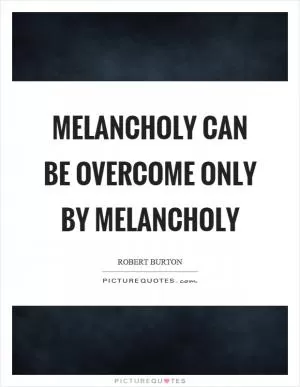Are indeed rather possessed by their money than possessors

Are indeed rather possessed by their money than possessors
Robert Burton, a 17th-century English scholar and writer, is best known for his work "The Anatomy of Melancholy." In this seminal work, Burton delves into the complexities of human nature, exploring the various factors that contribute to mental health and well-being. One of the themes that Burton explores in his work is the relationship between money and possession.Burton famously stated, "They are indeed rather possessed by their money than possessors." This statement speaks to the idea that individuals who are consumed by their wealth are often controlled by it, rather than being in control of it themselves. In other words, those who place too much importance on money and material possessions can become slaves to their wealth, allowing it to dictate their actions and decisions.
Burton's observation is particularly relevant in today's society, where materialism and consumerism are rampant. Many people equate success and happiness with the accumulation of wealth and possessions, leading them to prioritize money above all else. This obsession with money can have detrimental effects on mental health, as individuals become fixated on acquiring more wealth and maintaining a certain lifestyle.
Furthermore, those who are consumed by their money often lose sight of what truly matters in life. They may neglect their relationships, health, and personal well-being in pursuit of financial gain. This can lead to feelings of emptiness, loneliness, and dissatisfaction, as individuals realize that money alone cannot bring them true happiness and fulfillment.
Burton's insight serves as a reminder to reevaluate our relationship with money and possessions. While financial stability is important, it should not be the sole focus of our lives. We must strive to strike a balance between material wealth and emotional well-being, recognizing that true happiness comes from within, rather than from external sources.












 Friendship Quotes
Friendship Quotes Love Quotes
Love Quotes Life Quotes
Life Quotes Funny Quotes
Funny Quotes Motivational Quotes
Motivational Quotes Inspirational Quotes
Inspirational Quotes